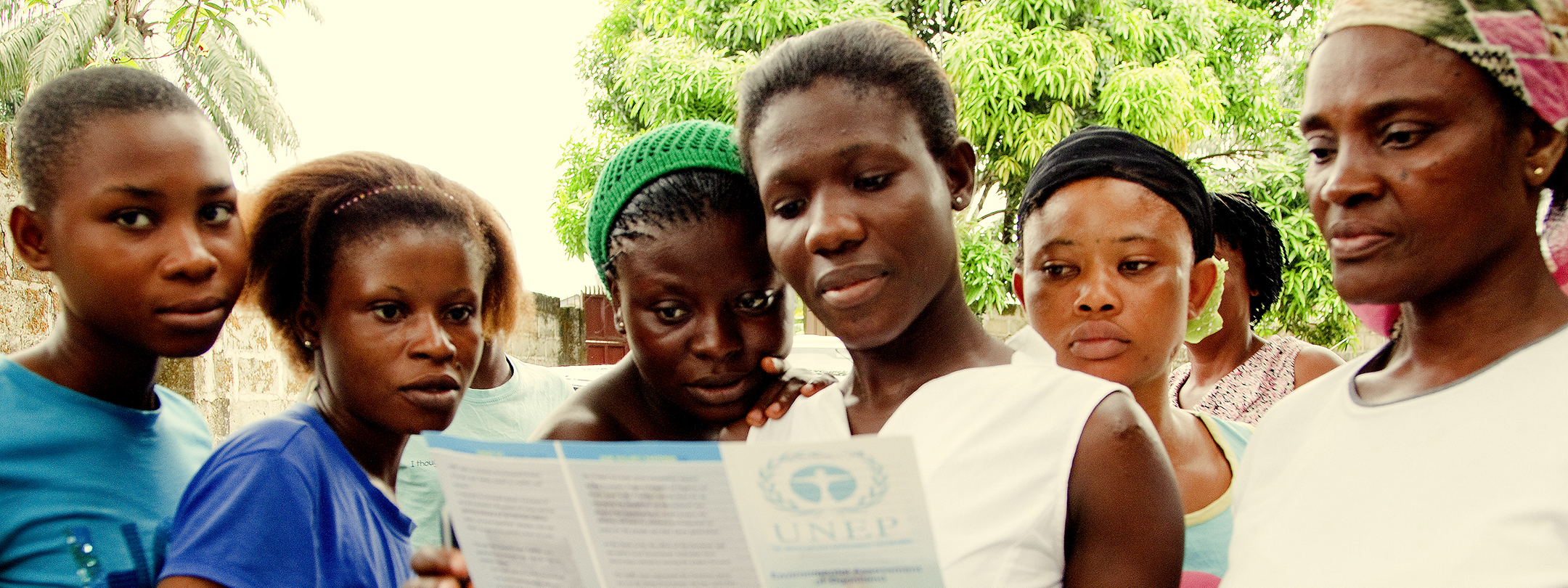Healing the Rift: Peace Building in and around Protected Areas in the Democratic Republic of Congo's Albertine Rift
Publisher: Wildlife Conservation Society (WCS) & International Institute for Sustainable Development (IISD)
Author(s): Kujirakwinja, D., Shamavu, P., Hammill, A., Crawford, A., Bamba, A., and Plumptre, AJ.
Date: 2010
Topics: Cooperation, Dispute Resolution/Mediation, Land, Monitoring and Evaluation, Programming, Renewable Resources
Countries: Congo (DRC)
All conservation managers have to manage conflict in their work. Whether it is dealing with a farmer who has lost a cow to a wolf next to Yellowstone National Park in the USA or a farmer who has had a visit by crop-raiding elephants outside Virunga National Park in the Democratic Republic of Congo (DRC), there is a need to work with people to manage these conflicts and minimize their negative impacts. Conflicts vary between sites but are often associated with control over access to land and water, or access to resources (biological or mineral) on the land or in the water. Where conflicts become intense, they can escalate to armed conflicts and lead to loss of life. There is effectively a continuum between minor conflict and complaints, up to armed conflict and war. Conservation practitioners can influence this continuum: increasing conflict by being totally insensitive to the different stakeholders‘ needs and desires; or reducing conflict by using conflictsensitive approaches to conservation.
This report summarizes a 27-month project that piloted a conflict-sensitive approach to conservation in the eastern DRC at four main sites: Virunga National Park, Kahuzi-Biega National Park, Itombwe Reserve and the Misotshi-Kabogo Massif. It built upon an 18-month project that tested the conflict-sensitive approach in Virunga Park that was also supported by USAID. At each site, assessments were made of the conflicts taking place and where best the Wildlife Conservation Society (WCS) could intervene to try to reduce the conflict or minimize its impacts on conservation of the natural resources as well as the people involved. The International Institute for Sustainable Development (IISD) provided technical expertise in conflict-resolution approaches, developing training programs, developing a manual for conservation practitioners in conflict-sensitive approaches to conservation (which was translated into French under this project) and creating a website where conservation practitioners can access tools and materials to help them (www.csconservation.org).
